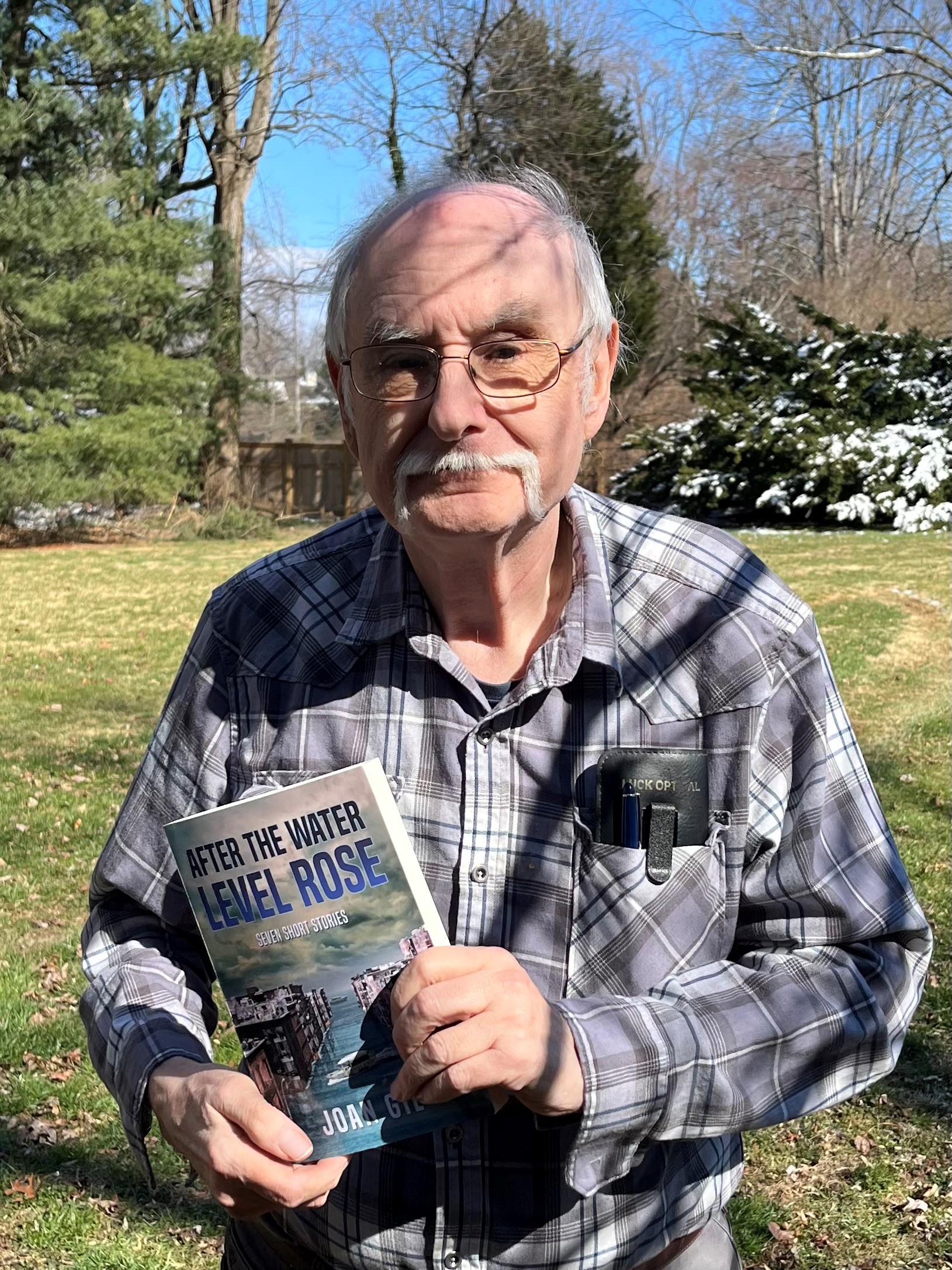Joan Gil
Welcome, dear Reader! Thank you for reading! I do not find it easy to write my biography. Here is the problem: when I was a young student in my early twenties, I had written my first fiction novel, which was not accepted for publication. I even do not remember the title. Rather then persevering, I opted for graduating from Medical School and moving abroad. At the University of Bern (Switzerland) I joined an Institute engaging in original research work as well as Medical School teaching. The day arrived when the Chairman, my co-worker, announced that our results could be considered for submission to a leading journal in our specialty. The paper, of course, had to be written in perfect English language. It turned out that the author of a paper had to observe certain rules and format and reduce to a minimum the length of the manuscript, and that the submission would be reviewed by one or more anonymous reviewers. The Chairman, an already famous scientist, was helpful. My first paper was published and it was followed by many others. I had no time to write novels. After ten years I chose to move with my family to the United States and I joined the University of Pennsylvania (Philadelphia). The Director of my Department happened to be a prominent Medical editor and publisher and this unexpectedly opened a new domain for me. I had the opportunity to watch his editorial review work and avidly read the handwritten notes that he wrote on the pages of submitting authors. Sometimes he would cross out entire paragraphs, dismissing them, or concluded that the paper was verbose, or he identified repetitions, unfounded conclusions or statements, unclear descriptions of methodology, or he ordered to condense two or three pages in only one, or claim that he did not understand something. He had a superb knowledge of the English language and if needed, he corrected the English of the authors. He was Editor and Publisher of important societies, and Editorial board member of major journals. Sometimes he piled pending work on the floor of his office. I learned that our business was one that required a knowledge and domination of our universal language. In time, additionally to my main work and school obligations, I started to anonymously review other people’s articles. At the time these manuscripts were sent by the main editor in the mail and had to be returned the same way. The transition to use of the Internet would take place at the end my times. I became editorial board member of several journals and I edited by myself a multiauthor research book which is still listed with my other published books at webs of most electronic book sellers. Unlike many other anonymous reviewers, I tried to be respectful regardless of the recommendation, minding the amount of work and expectations involved in concluding a study. Other referees were unpleasant or even contemptuous. Some editors noticed that I was particularly delicate with authors with different native languages who had problems with English. This had to be noted maybe with recommendations but the journals virtually never had an English editor. Mastering English was essential also in this profession. It bothered me particularly that even leading Institutions used the number of publications and the quality of the journals that published them. In other words, rejection of papers might lead to denials of promotions and of tenure (which itself leads to dismissal). It was the system. Finally, after seven years I chose to move for the rest of my career to the Mount Sinai School of Medicine and Hospital in Manhattan (New York City), where I stayed for some 23 years. Since I had learned so many things about the concise and correct use of the English language, the time had arrived to backtrack to my original passion, that is, to write fiction books. In this first period of my working years, there had clearly been no room for fiction literature, but now the way for return was open.
In the many years of being otherwise too busy, some sixty years, I had never completely forgotten the personages originating in my brain, nor lost the imagination required to see them. Sometimes, sitting in my office I could close the eyes and visualize these beings addressing me: Why am I not being published? I cannot live forever in the darkness of your brain. I liked the conversation I had with my son. Publish me, or I will forever disappear as an unknown. Please, pay more attention to my emotions and reveal them or I am nothing. Are you waiting to figure out a Happy End? What happens to me in the meantime? In what world do you live? I wrote about them and know they are capable of existing outside in some undefinable way. If you read their stories consider something: in my experience I concluded that all most people know about humans is based on what we have seen, heard or learned about them and because of this, my books contain abundant dialogue and mostly brief descriptions of ambience and material settings.
Thank you for coming and reading
